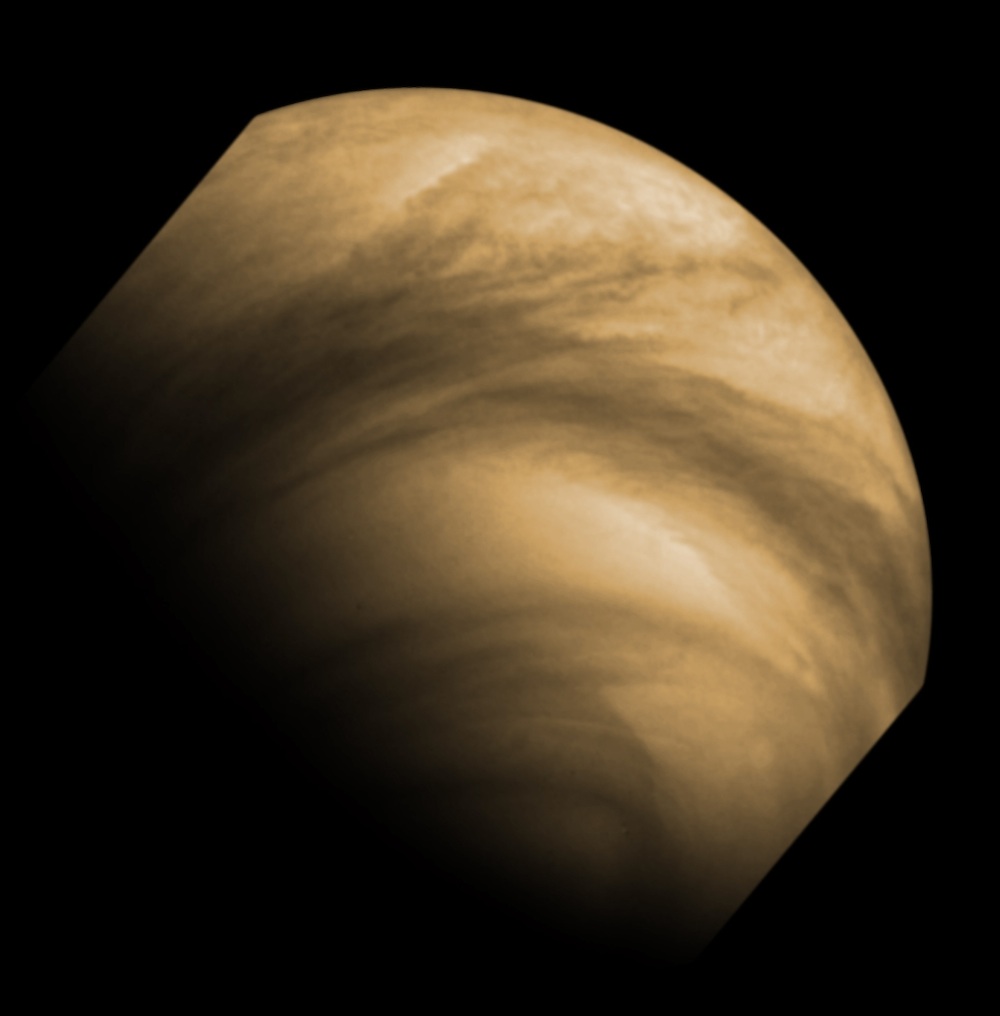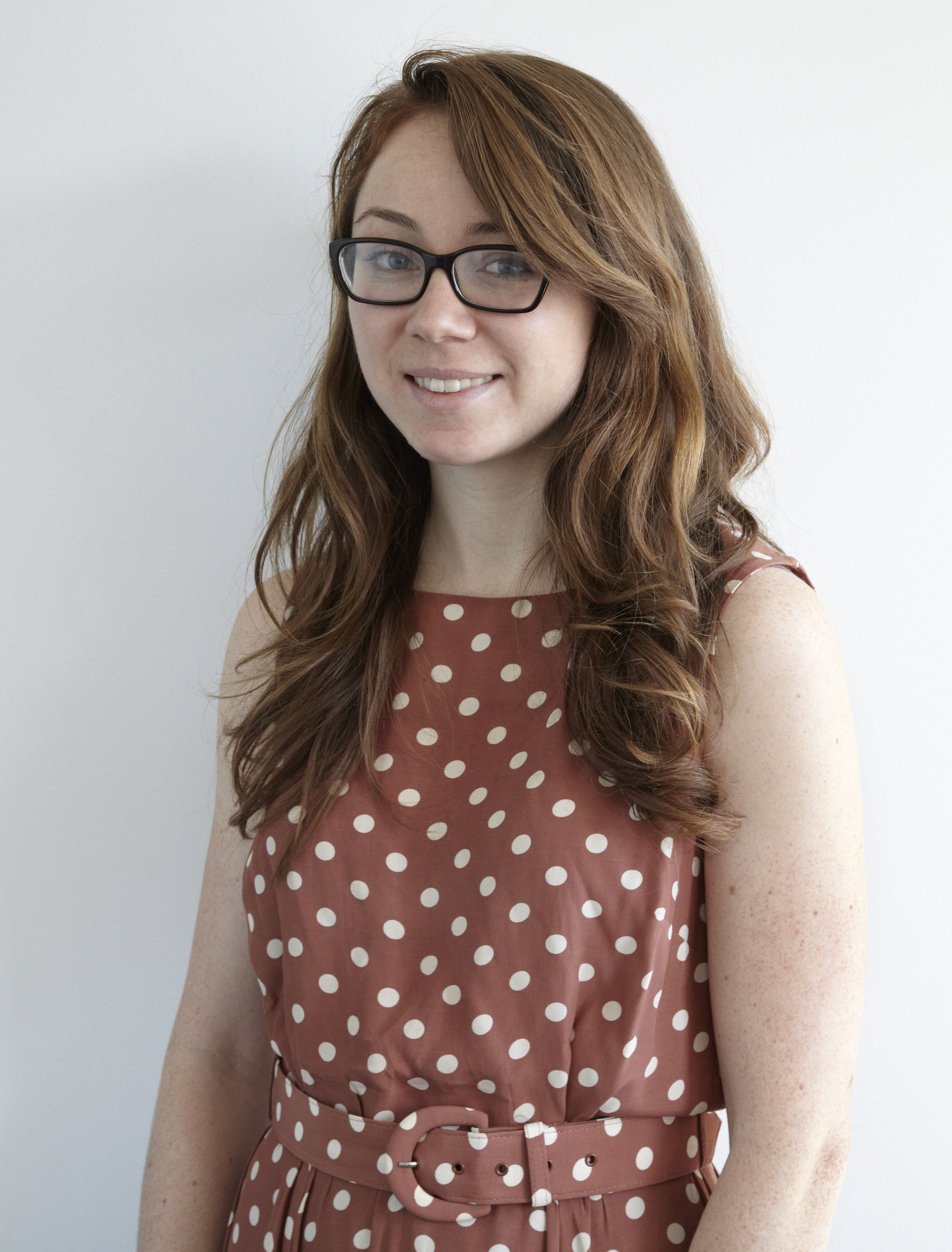
'Cosmos' Visits Venus to Talk Climate Change Sunday Night

The Spaceship of the Imagination is headed for the hot and hellish landscape of Venus.
This Sunday night (June 1), the Fox TV series "Cosmos: A Spacetime Odyssey" will send viewers to Earth's evil twin to learn about the greenhouse effect and climate change.
Venus' dense atmosphere is mostly made up of carbon dioxide, with small doses of nitrogen and sulfuric acid. This composition creates a runaway greenhouse effect that bakes Venus to even hotter temperatures than the surface of Mercury, the planet closest to the sun.
The second-to-last episode of the series, titled "The World Set Free," will also explore the effects of global warming and humanity's impact on the Earth's atmosphere — and what people can do to mitigate the damage.
The 13-episode "Cosmos: A Spacetime Odyssey" is a reboot of the classic minisereis "Cosmos: A Personal Voyage," which was hosted by the famed astronomer Carl Sagan and first aired on PBS in 1980. The new series debuted on March 9 and is hosted by astrophysicist Neil deGrasse Tyson and written by Steven Soter and Ann Druyan, Sagan's widow.
Sagan, who died in 1996, had a special connection with Venus: He was the first to create the greenhouse model for Venus' atmosphere, showing that the planet had much higher temperatures than previously suspected.
"Cosmos: A Spacetime Odyssey" airs Sundays at 9 p.m. ET/PT on Fox. It is rebroadcast on the National Geographic Channel on Mondays at 10 p.m. ET/PT. Check local listings.
Get the Space.com Newsletter
Breaking space news, the latest updates on rocket launches, skywatching events and more!
Follow Megan Gannon on Twitter and Google+. Follow us @Spaceedotcom, Facebook or Google+. Originally published on Space.com.
Join our Space Forums to keep talking space on the latest missions, night sky and more! And if you have a news tip, correction or comment, let us know at: community@space.com.

Megan has been writing for Live Science and Space.com since 2012. Her interests range from archaeology to space exploration, and she has a bachelor's degree in English and art history from New York University. Megan spent two years as a reporter on the national desk at NewsCore. She has watched dinosaur auctions, witnessed rocket launches, licked ancient pottery sherds in Cyprus and flown in zero gravity on a Zero Gravity Corp. to follow students sparking weightless fires for science. Follow her on Twitter for her latest project.









